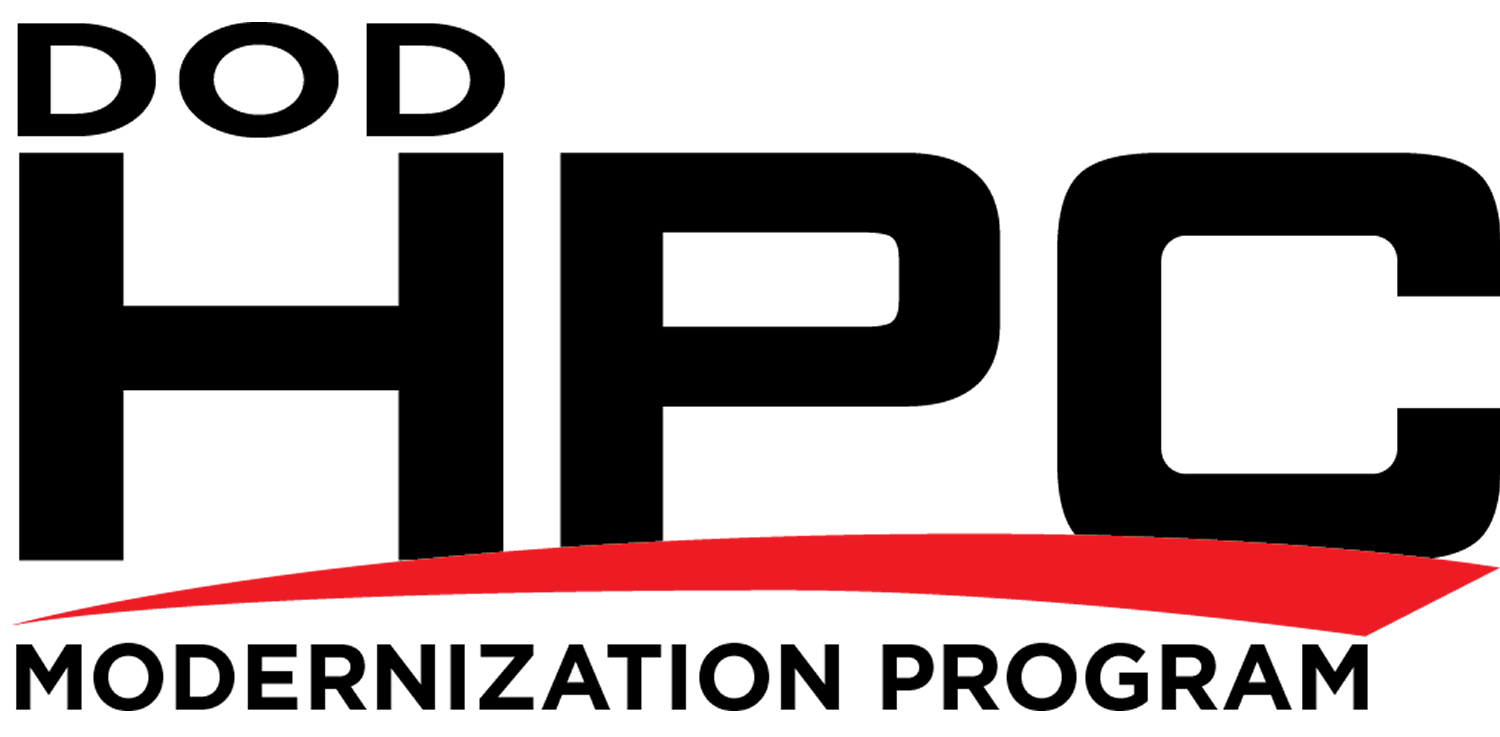Numerous sources providing Internet Protocol version 6 (IPv6) product standards conformance and interoperability testing results are listed below. Unfortunately, there is no single database or website that consolidates the various testing results.
The testing results are provided in 6 categories
Some of the earlier organizations and initiatives conducting IPv6 product standards conformance and interoperability testing in a dual-stack environment (both IPv6 and IPv4 are supported) mentioned below are no longer active (and are noted as such). Testing results from these programs remain available. However, the value of such testing results diminishes over time, as the importance of supporting IPv6-only (without any support for IPv4) continues to grow, as the article The Need for IPv6-only Product Support points out.
1. International testing. Since 2003, information about hardware products and system software that have been tested against IPv6 Forum IPv6 Ready Logo Program requirements and placed on that program's Approved Lists may be found here. Information about the products tested in specific categories may be found on this website.
As early as 1991, the European Advanced Networking Test Center (EANTC) began testing network products for IPv4 standards conformance and interoperability. Since 2004, they have been testing IPv6 products as well (search for IPv6 to see the reports). In 2016 the Internet Protocol for Smart Objects (IPSO) Alliance updated its Application Framework to include IPv6 interoperability tests, which is still being maintained. In 2018 the IPSO Alliance and the Open Mobile Alliance (OMA) announced their merger to form OMA Specworks, which is still active. The IPSO Alliance Smart Objects Guidelines are still being maintained by the OMA Specworks. The OMA Specworks Work Program includes several Working Groups, including the Interoperability Working Group, (IOP WG), which continues developing and releasing interoperability test profiles.
Since 2013 the Broadband Forum has released a steady stream of IPv6-telated Test Plans and Technical Reports.
2. United States (US) Government testing. Information about the products that were tested against requirements specified in the National Institute for Standards and Technology (NIST) US Government standards for IPv6 (USGv6) 500-267 until 2020 and since then have been tested against requirements specified in NIST 500-267Br1 are placed on the USGv6 Accredited Test Labs Registry. The USGv6 is also referred to as the USG IPv6 Profile.
3. US Department of Defense (DoD) testing. DoD testing results for products that have been tested against the DoD Unified Capabilities Requirements (UCR 2013 Change 2) by the Joint Interoperability Test Command (JITC) and other Testing Centers of Excellence are placed on the DoD Information Network (DoDIN) Approved Product List (APL) and may be found here. (Caution: The website does not require a DoD Public Key Infrastructure (PKI) certificate for access, although it may ask for one. Click on Cancel if a certificate is requested.) Additional information about the DoD product certification process may be found here.
The JITC testing methodology until 2009 was described in this DoD IPv6 Generic Test Plan. That Generic Test Plan was superseded by a series of device-category specific test procedures. A Joint Interoperability Process Guide Version 2.0 is available. (Caution: Some web browsers may not connect to this website on their first attempt.)
For older testing results that are no longer on the current APL list, the manufacturer may be able to provide a copy, or the testing results may have been on an older APL developed by JITC and archived in 2009, prior to the incorporation of IPv6 conformance testing into the UCR. Under contract to the Navy, Applied Research Associates, Inc. also provided a 2009 report of their early findings.
Additional information about IPv6 product testing as part of the DoD UCR program may be found here.
4. Commercial and open-source testing service providers. The InterOperability Laboratory (IOL) at the University of New Hampshire (UNH) has created a wide variety of test suites and test specifications, many of which are IPv6 specific, and is conducting on-going IPv6 product testing. The test suites, test specifications, and product registries with testing results are available on the UNH IOL website. For example, the UNH IOL conducts an on-going IPv6 testing program for Home Networking equipment and maintains a Session Initiation Protocol version 6 (SIPv6) Interoperability Environment and pre-certification test suite.
Some of the providers and developers mentioned at the end of the Testing section of the SDN Lessons Learned, Training, and Testing article in the SDN Knowledge Base also perform IPv6-specific testing. Spirent Communications, Inc. is one such commercial testing service provider.
(Note: Commercial testing services and equipment providers typically do not make test results publicly available.)
5. Original Equipment Manufacturer (OEM) testing. In addition to results from the testing programs mentioned above, a few OEMs provide IPv6 testing results and other regulatory compliance information on their own websites. For instance: Cisco hardware, HPE Public Sector Solutions (scroll down to the Federal Certifications section of the web page), Juniper hardware and Red Hat, Inc. software.
Although ephemeral, OEMs often publicize testing results when individual products are approved by the IPv6 Ready Logo, NIST USGv6, or DoD UCR testing programs.
6. Other. If IPv6 conformance testing results for a product of interest cannot be determined using any of the above resources, some level of IPv6 conformance may be inferred (though not confirmed) if test results for earlier products in the same product line show that the manufacturer incorporated IPv6 support in those products, or the product manufacturer's corporate website:
(i) states that the product supports IPv6,
(ii) states that the product supports Software-Defined Networking (SDN) or associated software architectures, or
(iii) is itself IPv6-enabled. This can be determined using one of the IPv6 connectivity testing tools mentioned in the IPv6 Troubleshooting article in the Network Management section.
